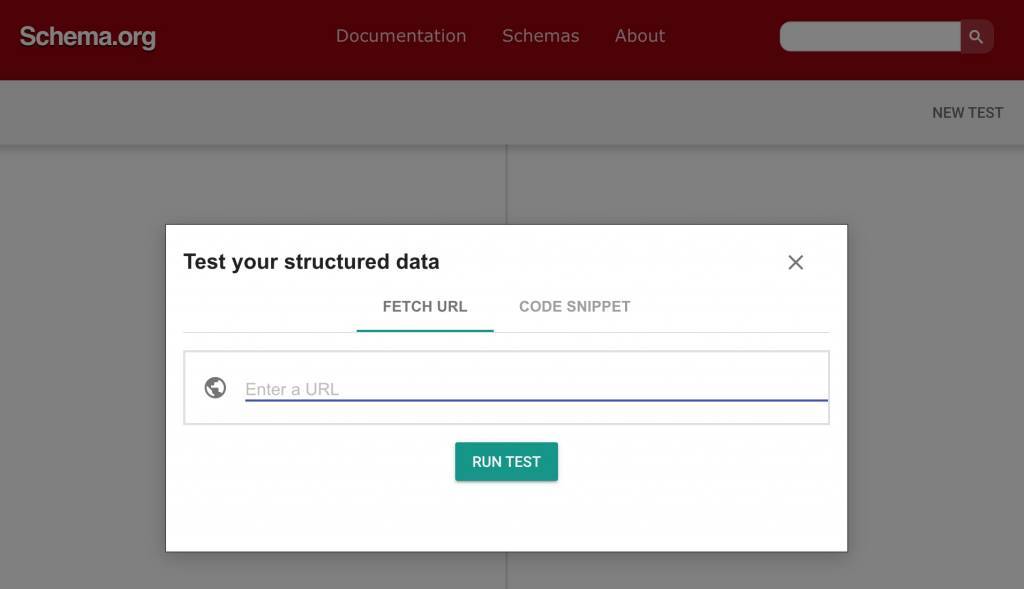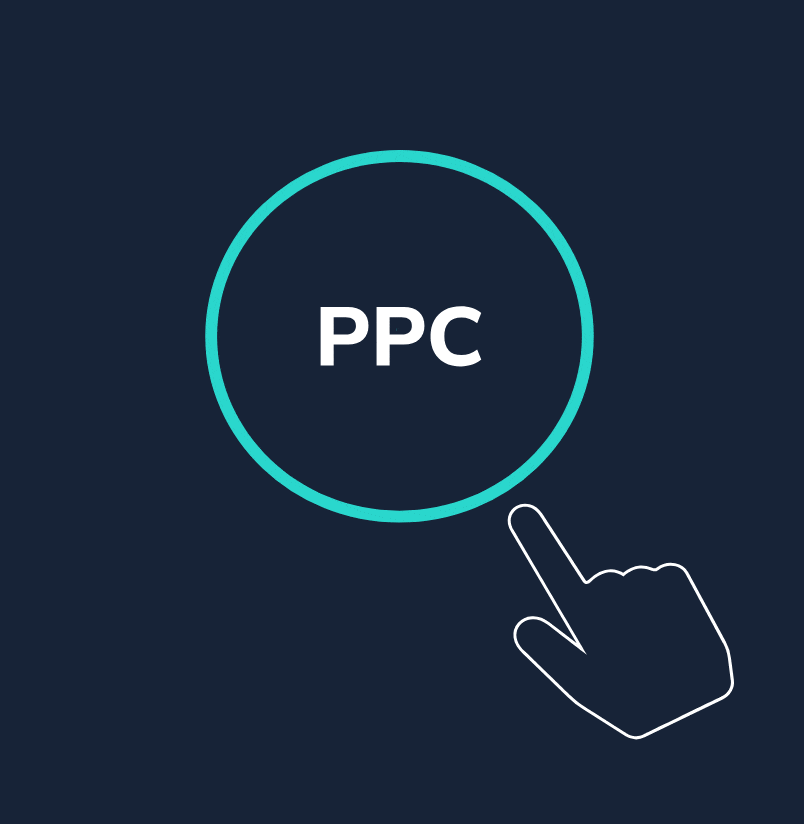

Understanding Structured Data and Schema Markup
Search engine optimization (SEO) continues to be an essential part of any digital marketing strategy, as nearly a third of all web traffic worldwide originated from search engines in 2021.
For many marketers, the concept of SEO is rooted in high-quality, keyword-rich content, combined with targeted distribution and link building. While those remain essential to any successful SEO strategy, search marketing today demands an equal focus on the technical aspects of SEO.
One of the core components of technical SEO is structured data, which is commonly implemented in the form of schema markup.
If you don't know what these terms mean, then you're in the right place! Here we will explore the basics, explaining what structured data is and how schema markup can help your website get more attention and clicks in online search results.
Why Technical SEO is a Marketing Priority
Structured data is a core component of technical SEO, which drives online growth for businesses because it focuses on improving a website's content and user experience at the code level to make it more friendly to both search engines and website visitors.
Technical search engine optimization became even more important for SEO in 2021, when Google released the page experience update, which changed the search algorithm to elevate faster websites that were more user-friendly in Google Search rankings.
These changes signaled that, after many years of search marketers focusing on strategic keywords and authoritative links, Google now prioritizes websites with both great content and the best browsing experience.
Better for Search Means Better for Users
Technical SEO improves a website's UX on multiple levels. Yes it makes the site's pages and content load faster, but it also eliminates errors, such as broken links and redirect chains, that can also harm the user experience and frustrate website visitors.
It's important to understand that technical SEO is not just the latest SEO trend. As much as we like talking about the newest and latest digital marketing tactics, the inherent value and utility of technical SEO makes it a website marketing priority for the foreseeable future.
Don't forget that SEO began as more of a technical discipline among web developers–so it's more like SEO has come full-circle to its roots, and will remain essential to search performance moving forward.
What is Structured Data?
Simply put, structured data is information (data) that is organized (structured) at the code level according to specific rules, guidelines, and vocabularies.
From an SEO standpoint, a major purpose of including structured data on websites is to communicate specific information about a web page so that search engines index it correctly. For Google specifically, including structured data makes your content more likely to be displayed as a rich result in Google Search.
Types of Structured Data
- JSON-LD is the most common and recommended way for structured data markup. It keeps the code clean and nicely organized–which is handy when the markup needs to be edited manually–and it is easy to generate and validate JSON-LD markup using various tools, including validation tools offered by Schema.org and Google.
- Microdata is a set of tags that aims to make annotating HTML elements with machine-readable tags much easier. It highlights items and values on a page within "itemtype" and "itemprop" HTML attributes.
- RDFa is an acronym for Resource Description Framework in Attributes. Essentially, RDFa is an extension to HTML5 and it was designed to aid users in marking up structured data. RDFa is considered to be a W3C recommendation, meaning that it is a web standard, and it can be used to chain structured data vocabularies together; this is especially useful if you want to add structured data that stretches beyond the limits of Schema.org's library.
How Does Structured Data Help SEO?

Primarily, adding structured data to your web content supports SEO in two ways:
- Structured data helps search engines fundamentally understand your website content, which makes them more likely to recommend your site as a top search result for keyword queries that match the topic and purpose of your content.
- Using certain structured data markup helps your web content render in the search engine results pages (SERPs) as special elements (also called featured snippets), making your site more likely to earn clicks from search result listings.
For businesses, these advantages translate into significant marketing and branding benefits:
- Higher Search Rankings: Structured data helps search engines to better understand what your page content is and what it's about, which means the search engine's algorithm can better decide what makes the page more relevant for specific search queries. When there is high competition for a keyword you're targeting, your site's use of technical SEO may end up being the differentiator that ranks your content above theirs in the SERP.
- Higher Clickthrough Rates (CTR): Structured data may give your web content a more visually appealing look in SERPs, especially for content such as products or reviews (e.g. star ratings). This might boost the click-through rates of a featured website, since these elements are more eye-catching than generic blue links.
- More Conversions and Lead Generation: Higher CTR means more visitors for a website, but most web marketers are seeking more than just website visits–they're seeking conversions in the form of sales, signups, downloads, or leads. Earning more search traffic, of course, means more opportunities to convert visitors and grow the business.
- Brand Awareness and Authority: Google pays very close attention to what is featured in its SERPs–after all, most web users consider Google’s search results as de-facto endorsements of each brand website listed, which carries a lot of weight for those brands. Knowing this, an enhanced result generated by structured data in the Google SERP means the website seems more authoritative and trustworthy in the eyes of a web user searching for a business providing solutions in their market or industry.
How Do You Add Structured Data to Your Website?

Test your structured data markup using Schema.org's online validator
There are a number of tools available online that can help you add structured data to your website. You can implement structured data without them, of course, but these tools help ensure the structured data you create for your web content is valid and can be understood by search engines.
Using the correct structured data markup will also ensure Google recognizes which content on your site should be featured as rich results, which can dramatically increase your click-through rates and brand visibility.
Using Plugins
There are several dedicated plugins that you can download and use to add generic structured data to your website, especially if you are writing a blog and want to increase its search performance.
For example, “Schema App Structured Data” is open source software which can be used for WordPress sites. This plugin will generate schema markup for your whole site, and you can even go in and manually edit the markup yourself.
Using Google Structured Data Tool
You can also compose, validate, and implement structured data by using Google’s Structured Data Markup Helper tool.
-
- Open Google's Structured Data Markup Helper.
- Select your data type and enter the URL.
- Highlight page elements and assign data tags.
- Create the HTML.
- Add the schema markup to your page code.
- Test your markup with Google's Structured Data Testing Tool or Schema.org's Validator Tool.
Adding Manually (Coding)
Of course, you can always manually compose and add structured data markup code directly into the website. Note this is only an option for webmasters that have administrative permissions to modify the code on your site. Here are some recommendations if you go this route:
-
- Write the markup in JSON-LD code
- Include many different types of schema to tell Google what content is on the page
- Schema or Structured Data added in the code on-page can be layered on top of one another for a holistic structured data strategy (ex. Breadcrumb, FAQ, and Article schemas can work together to help Google understand and convey properly the information in the article).
Whichever Way You Choose, Validate the Markup
The main purpose of the tools are to check syntax and compliance of markup with schema.org standards and to test your markup for Google Search rich result types, as per Google standards. Google has a few tools like Rich Results tool, Structured Data Markup Helper and others to verify if the code is valid.
What is Schema Markup?

Schema markup, found at Schema.org, is a structured data vocabulary that is commonly used for marking up digital content online. Once added to a webpage, schema markup gives a clearer definition and structure to website content.
Schema provides context to a webpage in much the same way that a search engine interprets the context of a query to decide what will qualify as a high-quality and highly-relevant search result. It also helps content qualify for enhanced visibility in search, commonly known as a “rich result or “featured snippet”, which appears in search results on sites like Google or Bing.
Schema markup is not a magic bullet that will immediately improve your rankings, as Google's algorithm builds trust in a website over time. However, it does immediately improve the search visibility of your website, since it helps your page content render more prominently in SERPs, which has been proven to help click-through rates and increase search traffic.
What Schemas Should You Add to Your Website?
The more specific you get with schema, the easier it is for search engines to fully understand your site. Including certain schemas will even increase the likelihood that Google selects your content for special SERP features such as “People May Also Ask” and other featured snippets.
Here are some of the most popular and useful schemas available:
- Article (BlogPosting) - The recommendation for blog sites is to use BlogPosting schema because it's a type of Article schema that is more specific to what the article is.
- Event - Many people search for things happening in their area, or in places where they plan to visit. That's why Google often shows relevant event-related information in SERPs that is useful to the searcher, such as the event venues, URLs for ticket sales or registration, and more. Using Event schema on your site will help your events show up when these searches happen.
- Product - Add Product markup to your product pages so Google can render your detailed product information in search results. An example of this is the "availability" (https://schema.org/InStock) field, which can let users know that you have certain products in stock before they click through to view and purchase the product on your website.
- Organization - Organization schema is important for Google to attribute your website and content to a known entity, such as a business or brand. Use JSON-LD for your Organization schema rather than embedding the markup into your HTML, per Google's recommendations.
- Local Business - LocalBusiness schema is a type of Organization structured data markup that allows any local business to help search engines recognize your website's relationship to people searching nearby. This schema has become especially important as Google continues updating its Local Search algorithms to prioritize websites for businesses located near the searcher's device, regardless of whether they include clue keywords such as "near me" or the city name.
- Reviews - There's little denying the power of social proof when it comes to building trust and authority on the internet, so add simple Review schemas if possible. You can even nest a Review into another schema type that has a Review property. When your site is listed on platforms like Yelp and Google Business Profiles, reviews support your business goals (when they are good reviews, at least) such as foot traffic, sales, or leads. Having reviews that show up in Google gives searchers an insight on what kind of quality of service they can expect before they even click through to your site, which is why Google values them.
- Recipes - There is high search volume for cooking recipes on the internet, and Schema.org has standardized many common elements of recipe data for rendering them in SERPs. For example, recipes that involve certain dietary restrictions can use the "suitableForDiet" property to say that a recipe is vegan, gluten-free, etc. This allows searchers to view recipe data, including expected cooking time and some ingredients, and even reviews of the recipe.
Which Schemas Support Google Rich Results?
Here are some of the more common and useful schemas you should consider adding to your website if you wish to appear in Google's featured snippets:
- ItemList (for Google's Carousel snippets)
- Job Posting
- FAQ
- Local Business
- Review
- Recipe
- Article/BlogPosting
- Book
- Event
- Sitelinks
Work with Expert Technical SEO Partners
At DBS, we use structured data and schema markup in our suite of technical SEO services to drive results for B2B clients that depend on organic search traffic to drive brand awareness and lead generation.
Contact DBS to understand how structured data and schema markup can increase your website's visibility in search and support your business goals for growth.




